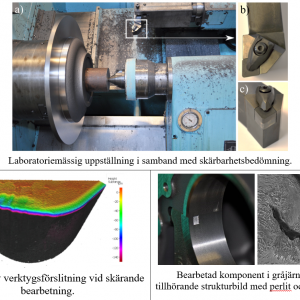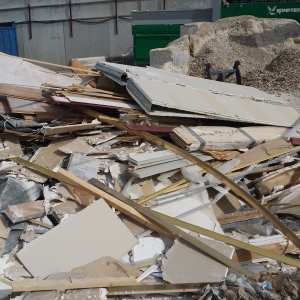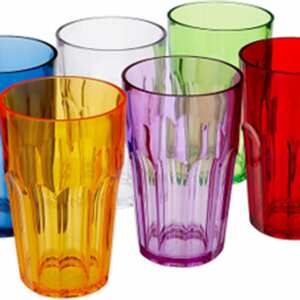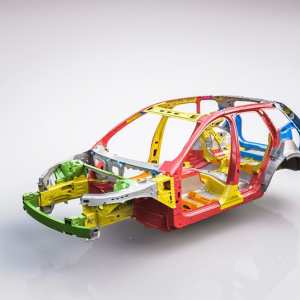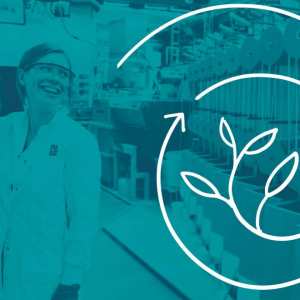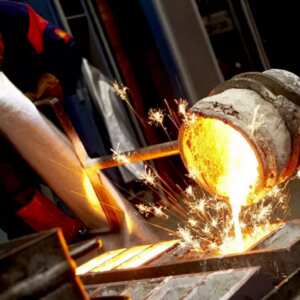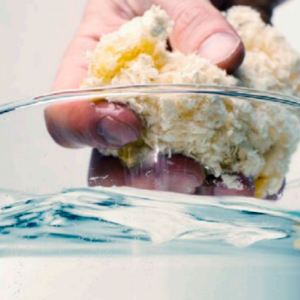The project's goal is the circular use of plastic in cars through reuse and recycling.
Today, plastics in end-of-life vehicles is mainly incinerated with energy recovery in Sweden. It causes large losses of material resources and emissions of greenhouse gases. A new ELV regulation proposed in July 2023 says that 25 % of the plastics in cars need to be recycled PCR (post-consumer recycled) plastic and that 30 % of all the plastics in cars should be recycled by 2030. This project adresses circular reuse and recycling of plastics in cars. A classification will be performed based on the possibilities to dismantle, value of the components and materials. It also includes developing proposals for redesign of complex plastic components so that these can be more easily dismantled, reused and recycled resource-efficiently without major downgrading. The ELV regulation’s effects on the car industry and the recycling industry in Sweden will be investigated. Costs and possible incomes in the recycling system are mapped and a business model is proposed. In the project, key players in the entire value chain collaborate to jointly contribute to the necessary changeover to be able to meet the new regulation. Vehicle manufacturers, dismantlers, recyclers etc. will all be affected by the new regulations.

 Kunskapsförmedlingen
Kunskapsförmedlingen 
